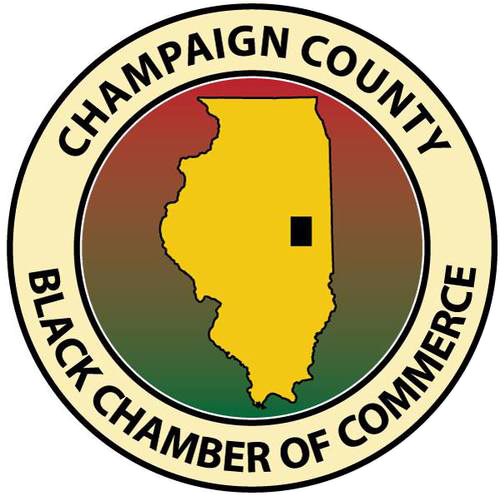Whether you’re looking to increase cash flow, expand operations, or invest in new opportunities, BankChampaign offers a diverse range of commercial loan options designed to meet the unique needs of your business. Understanding the various loan products available and preparing thoroughly for the loan application process are key steps in securing the financing you need to take your business to the next level.
Determine Your Need
Before applying for a commercial loan, it’s important to clearly define the purpose of the loan. Lenders will want to understand why you need financing so they can match you with the best loan option.
Business Expansion
If you’re looking to grow your business by opening new locations, purchasing equipment, or expanding your product line, you may qualify for a Small Business Administration (SBA) loan or a traditional term loan. These loans typically offer competitive rates and longer repayment terms, making them ideal for significant capital expenditures.
Increasing Cash Flow
For businesses that need to manage day-to-day expenses, such as covering payroll or purchasing inventory, a business line of credit can be a flexible option. A line of credit allows you to borrow up to a certain limit and only pay interest on the amount you use, providing a safety net for managing cash flow fluctuations.
Working Capital
To cover short-term operational needs, a working capital loan can provide the necessary funds to keep your business running smoothly without disrupting your cash flow.
Debt Consolidation
If your business is carrying multiple debts with varying interest rates, consolidating them into a single loan can simplify your payments and potentially reduce your overall interest costs.
Prepare to Meet with a BankChampaign Lender
Securing a commercial loan requires thorough preparation, as the application process involves a significant amount of documentation. Being well-prepared will not only streamline the process but also demonstrate to your lender that you are a serious and organized borrower. Here’s a checklist of the essential documents you’ll need:
Personal and Business Tax Returns
Business Licenses and Permits
Articles of Incorporation
Personal and Business Bank Statements
Profit and Loss Statements
Also known as income statements




